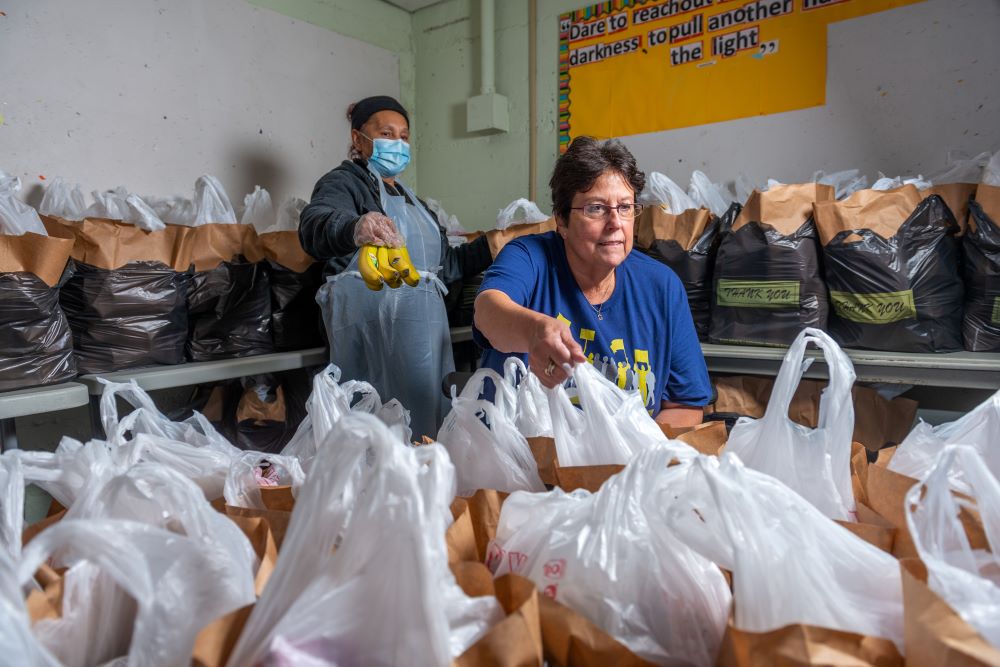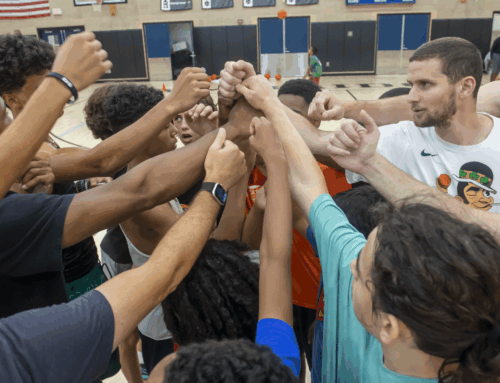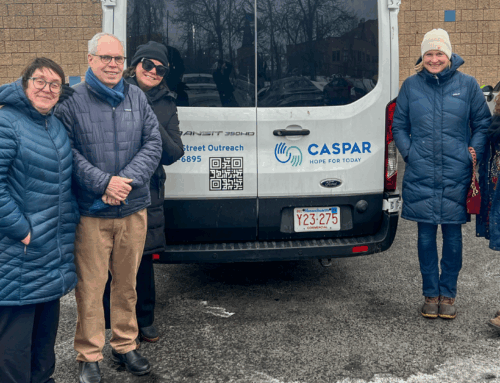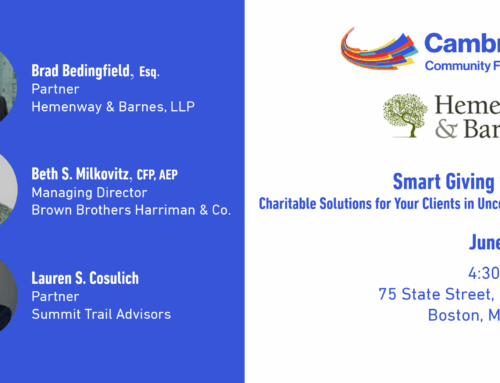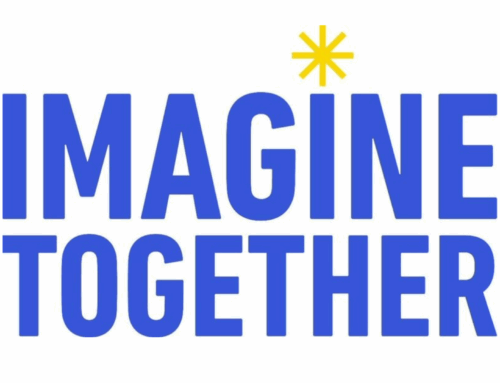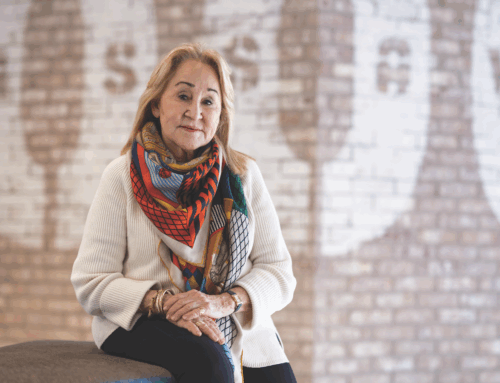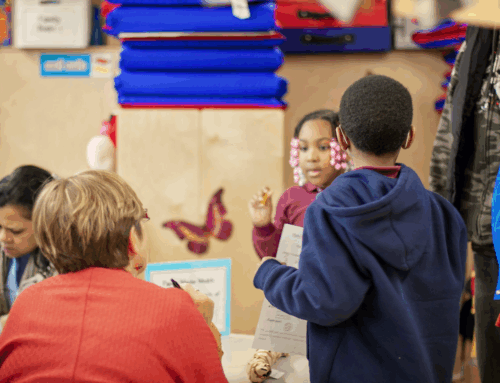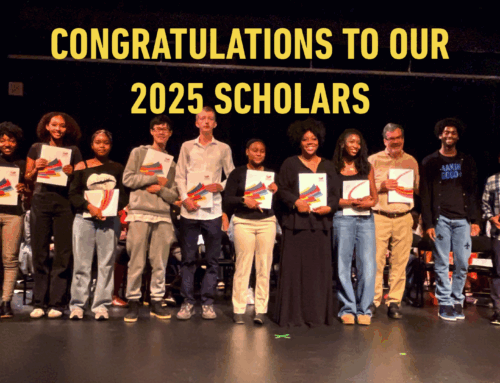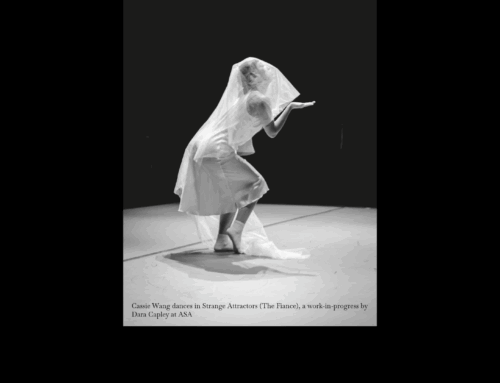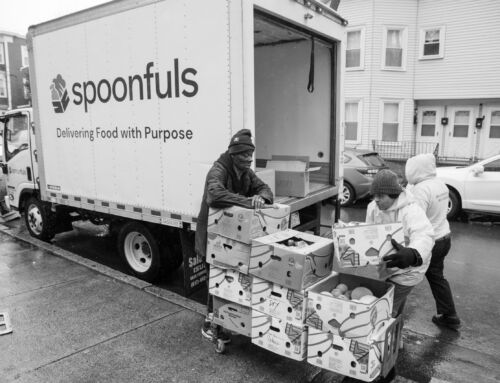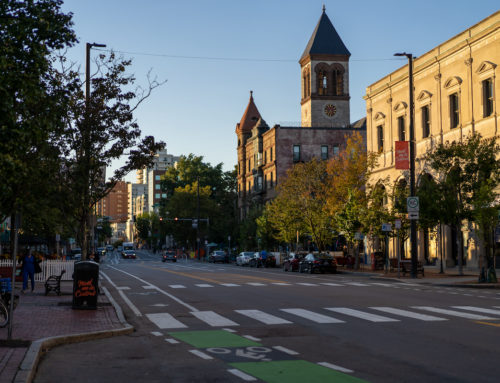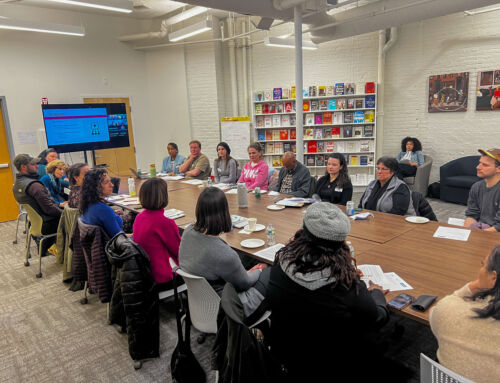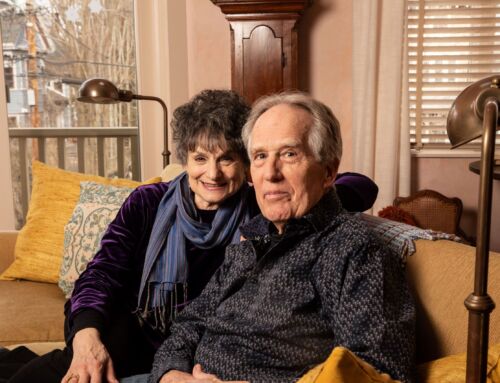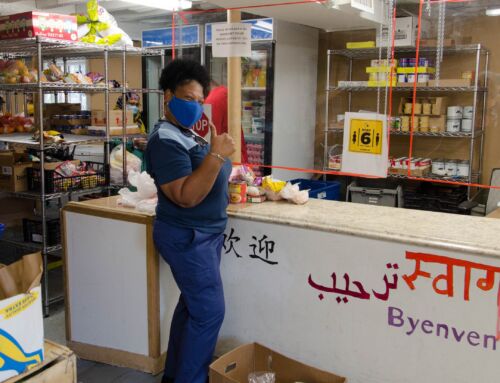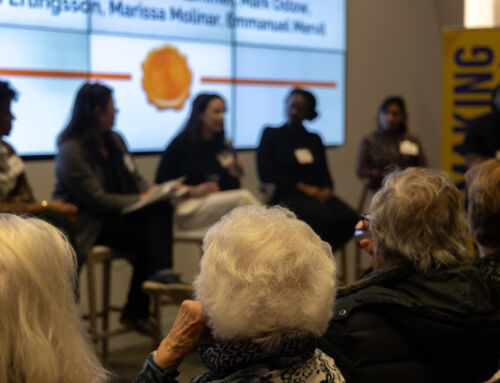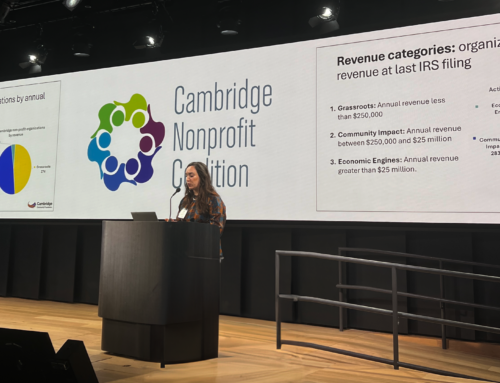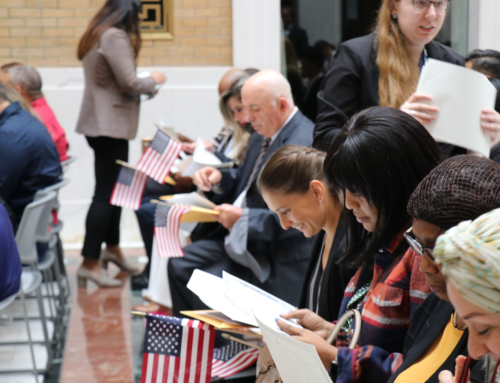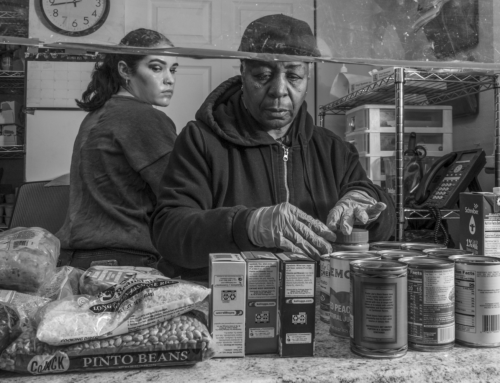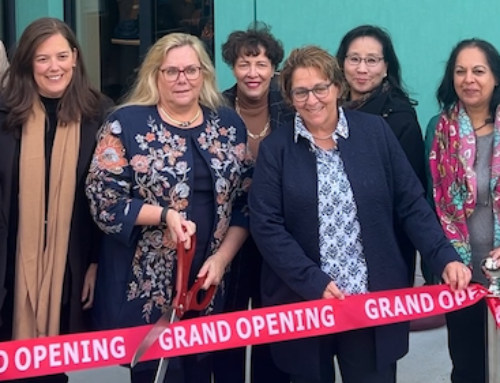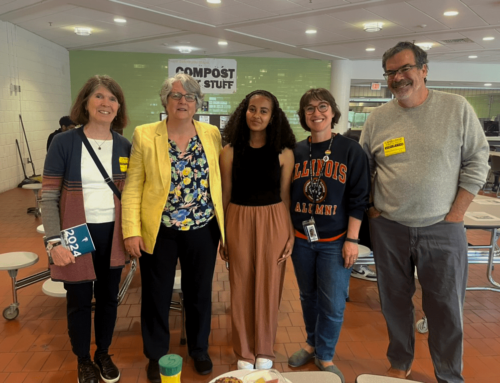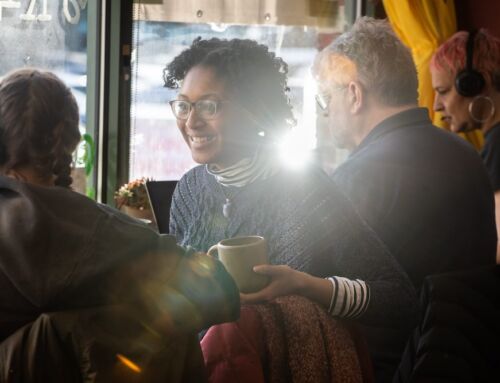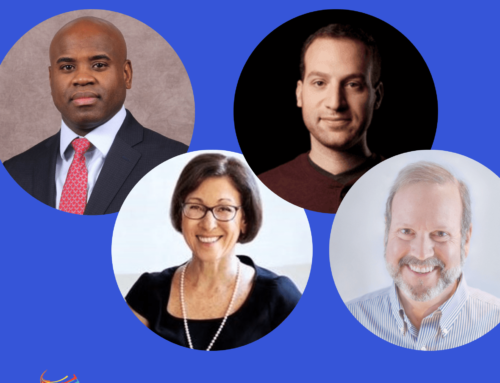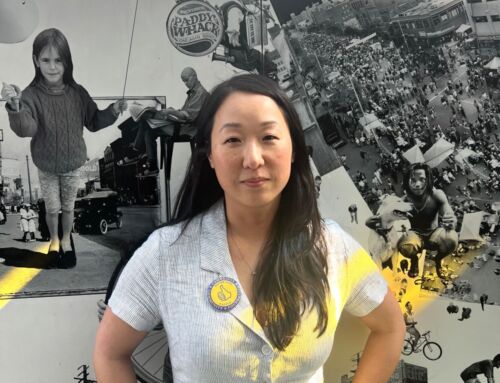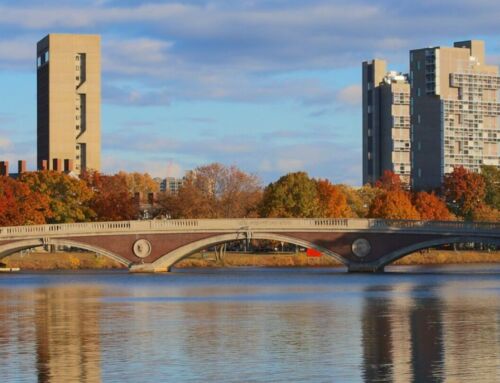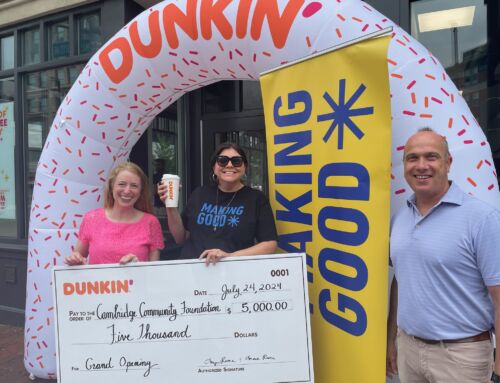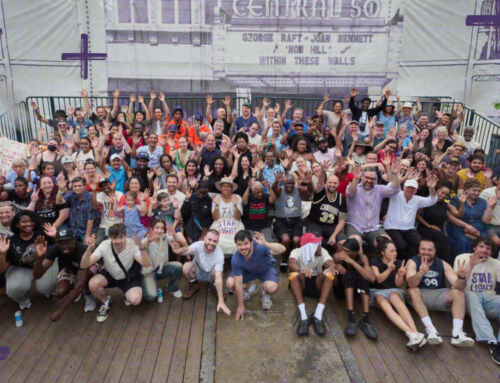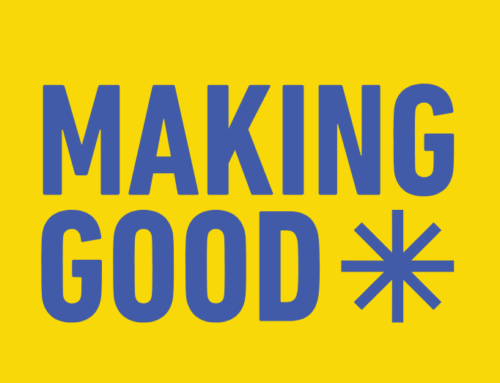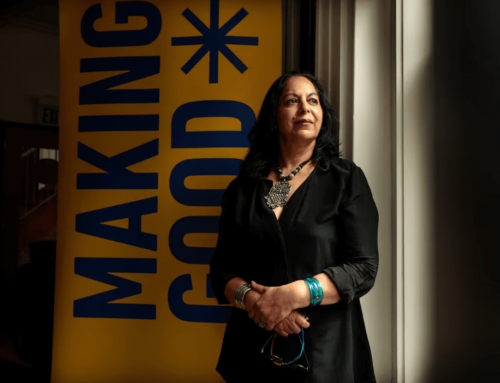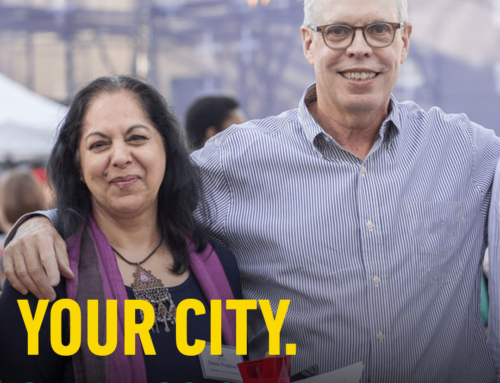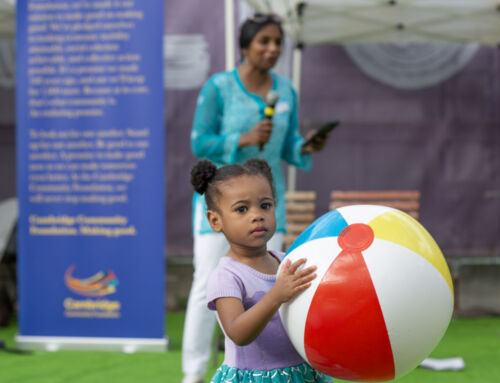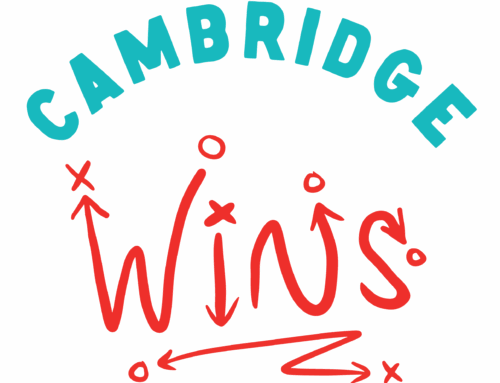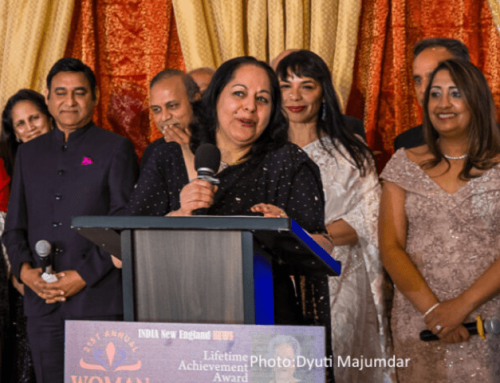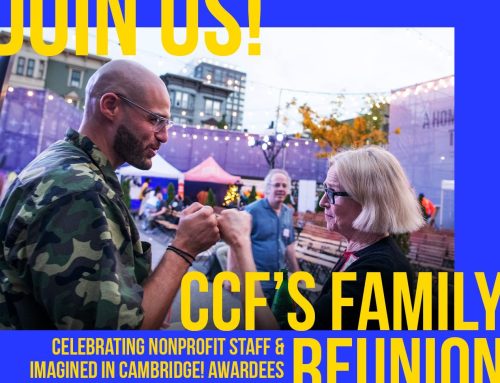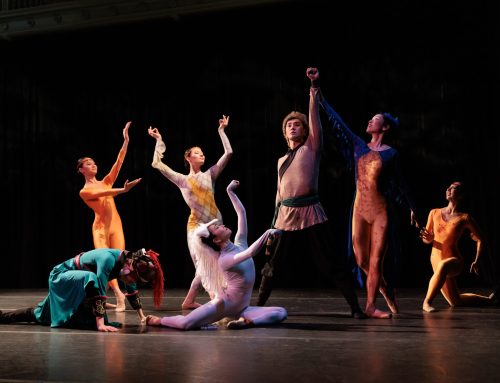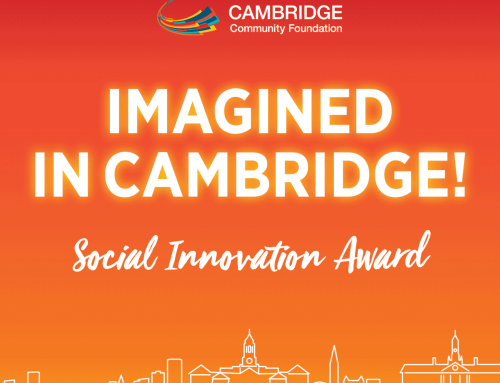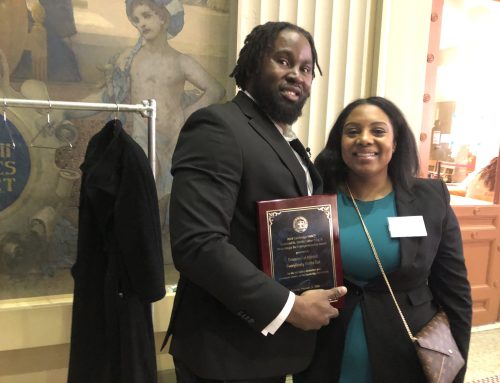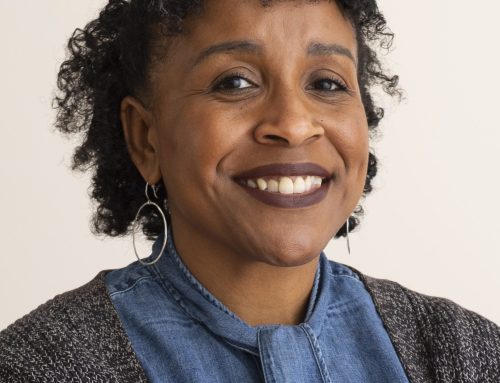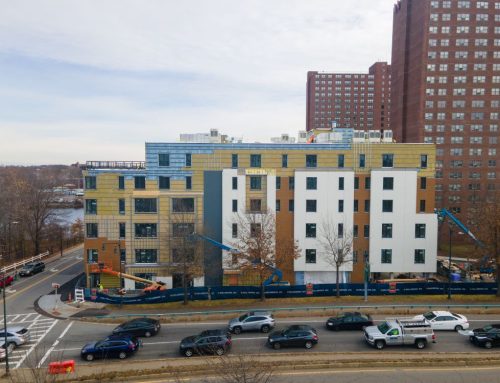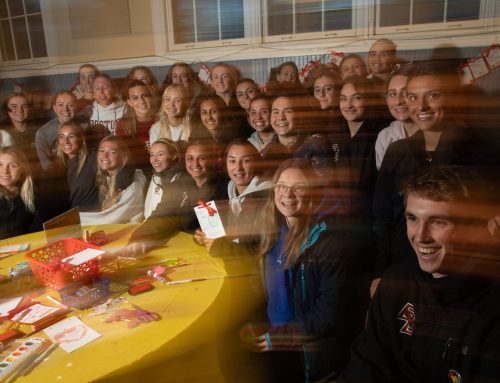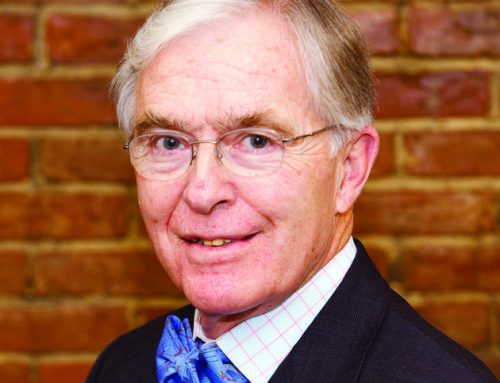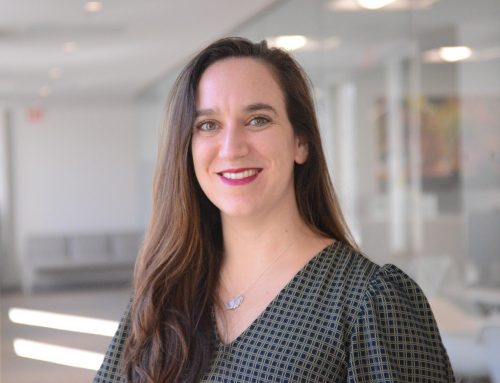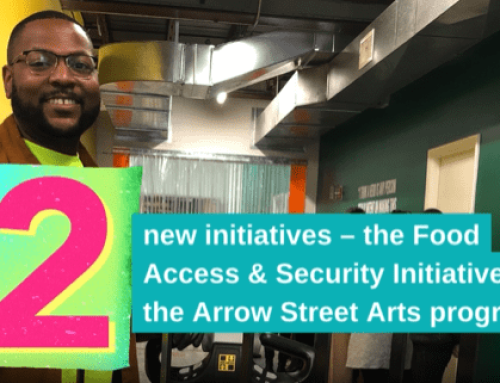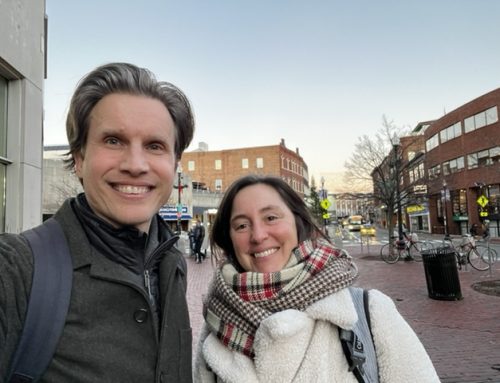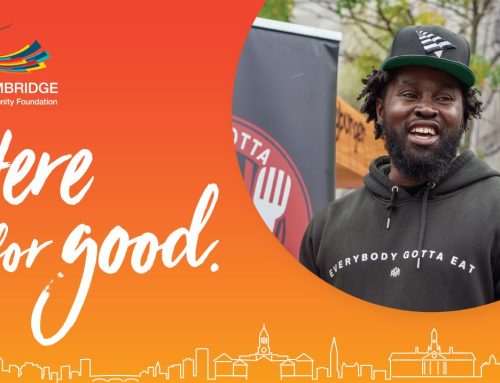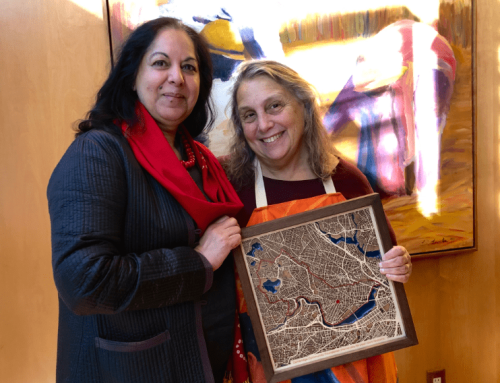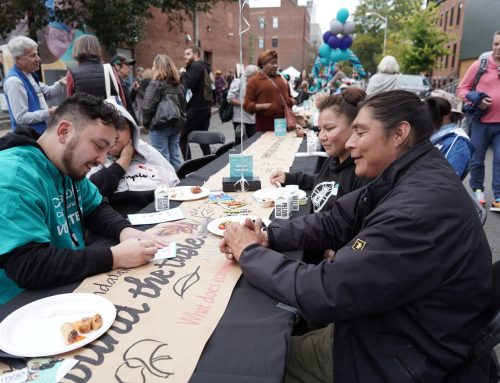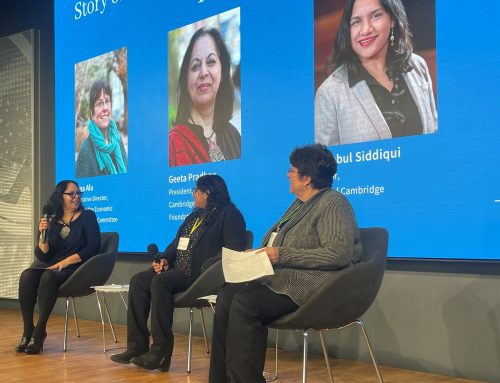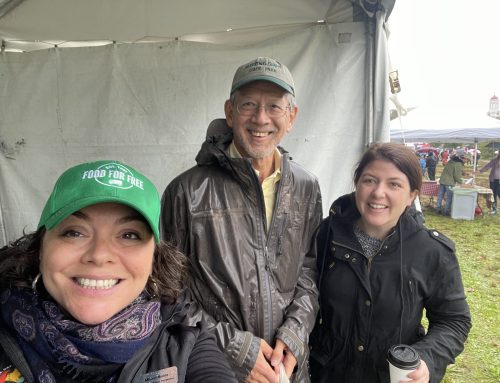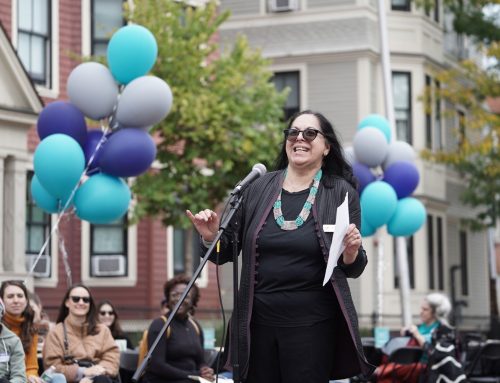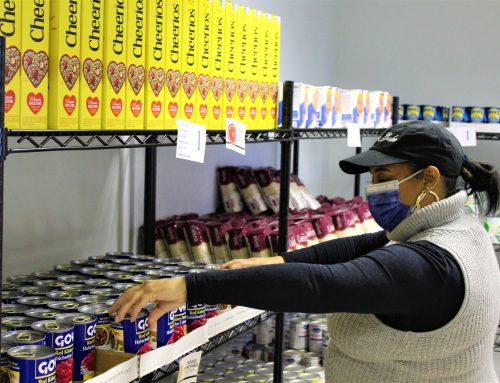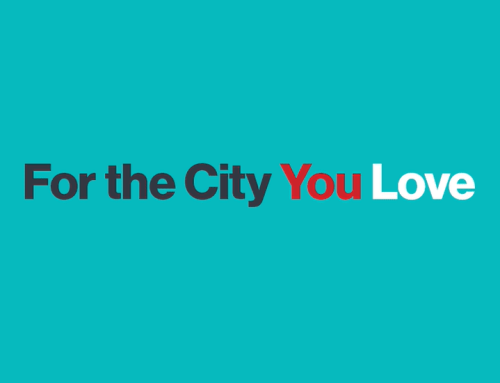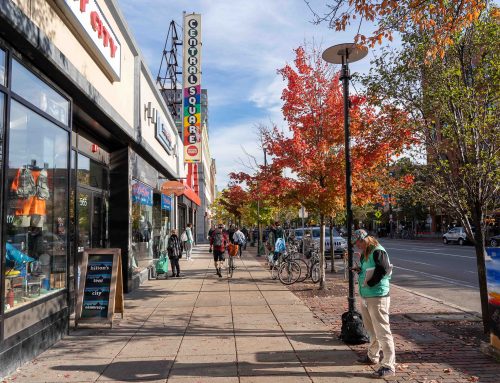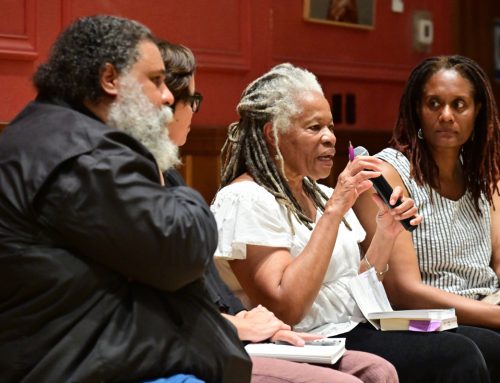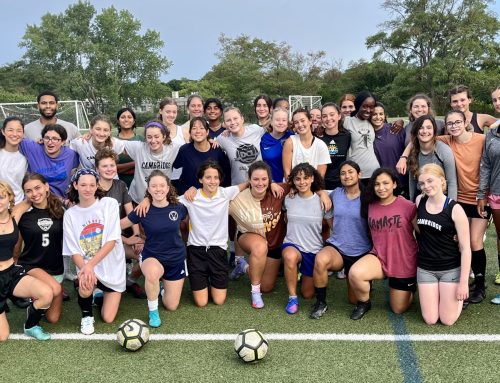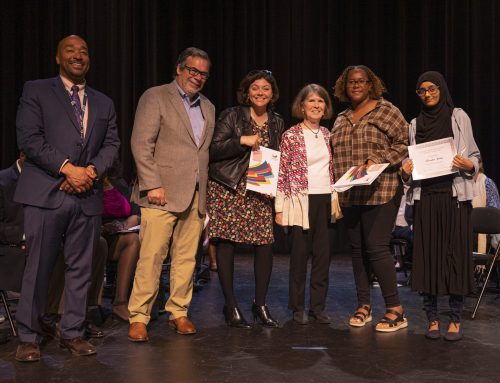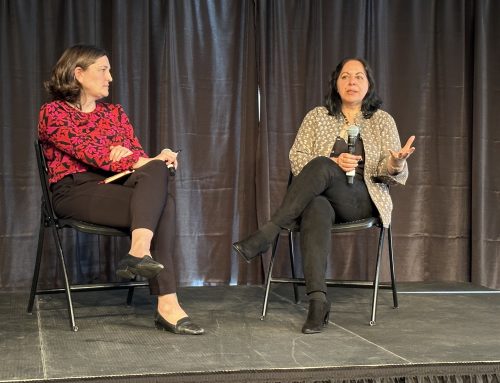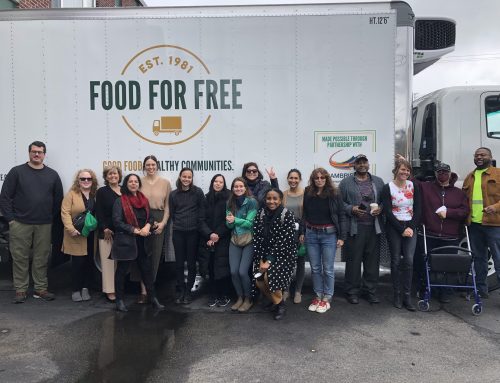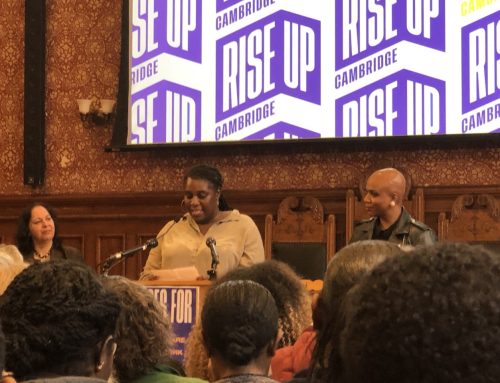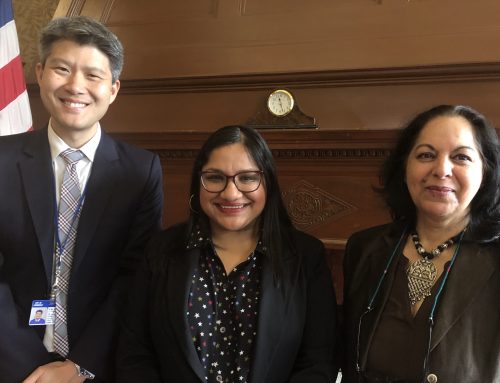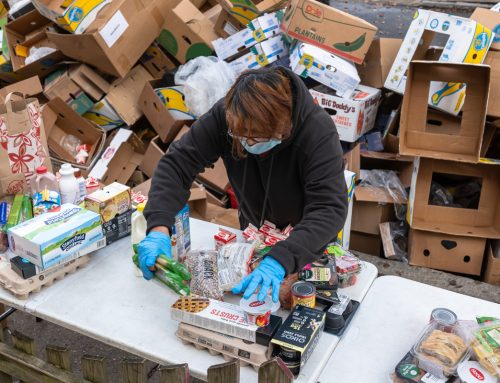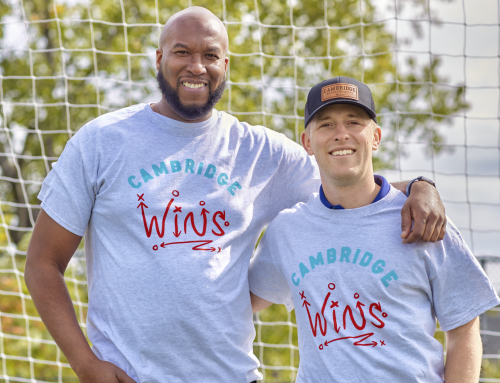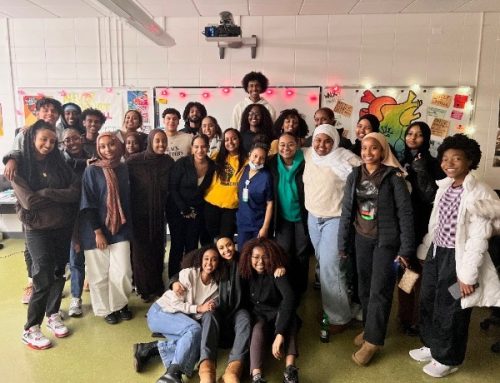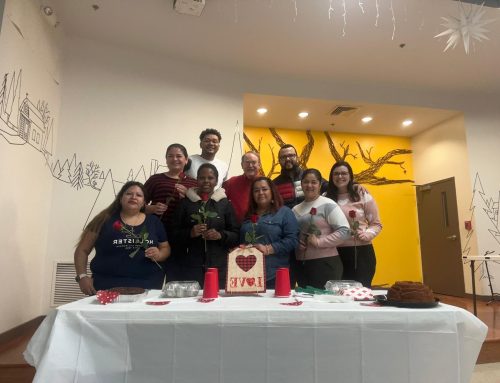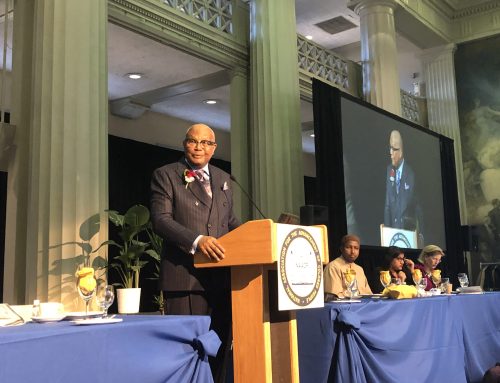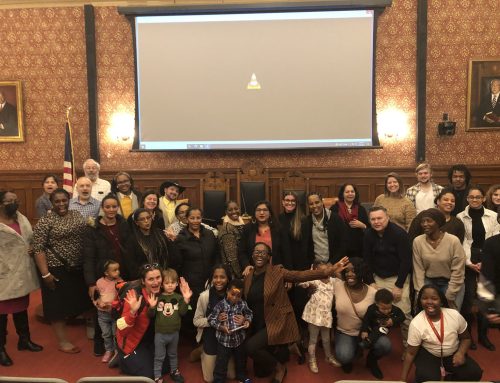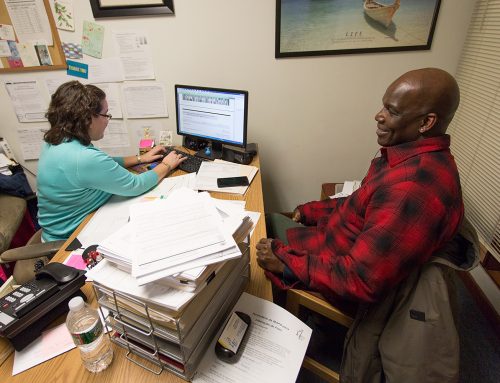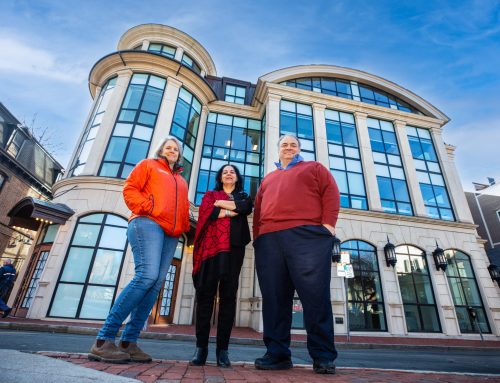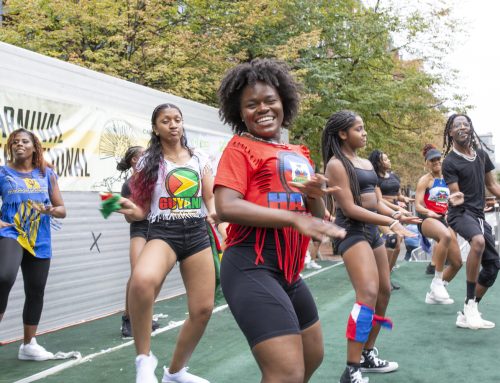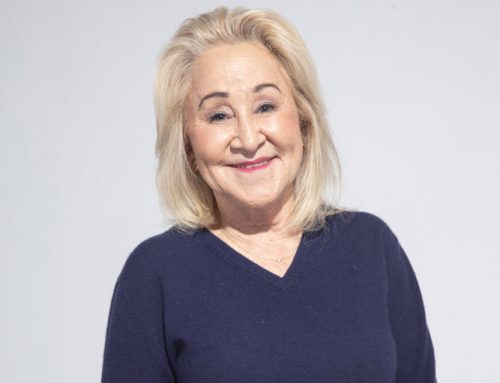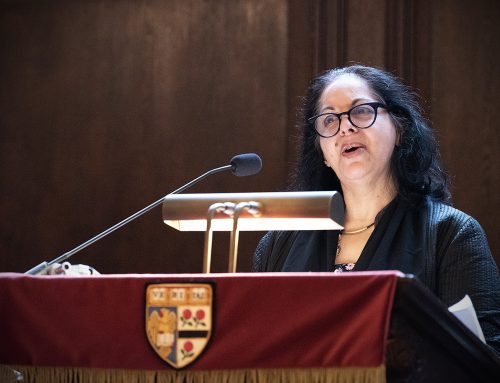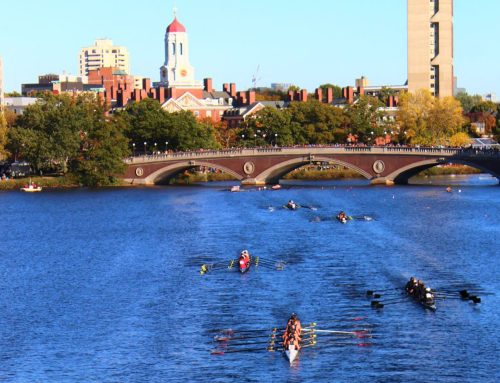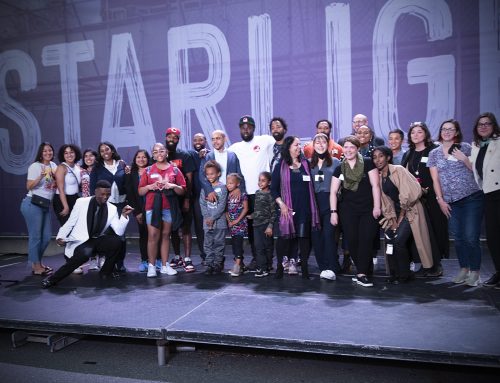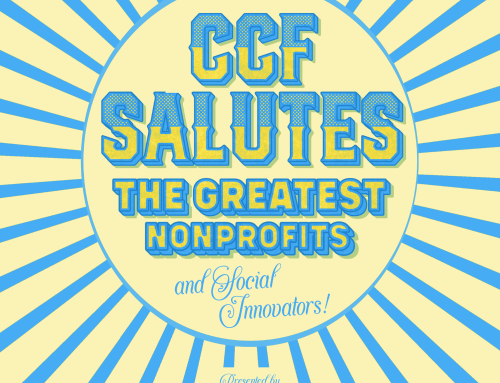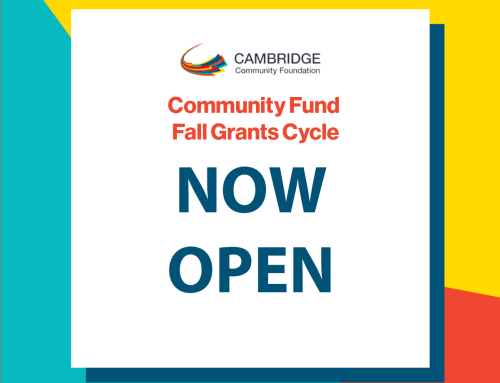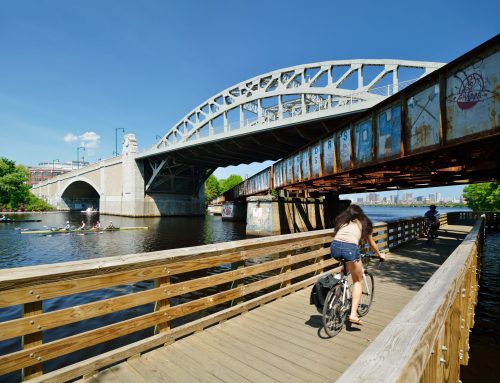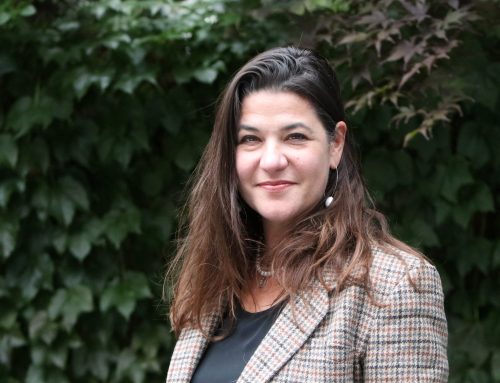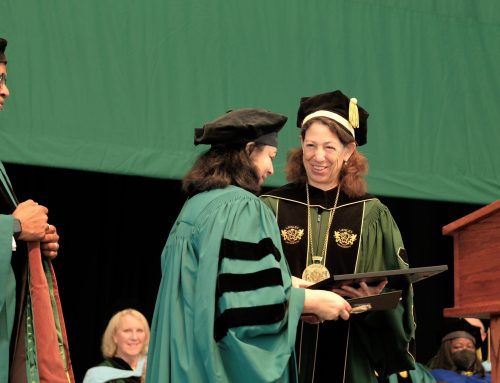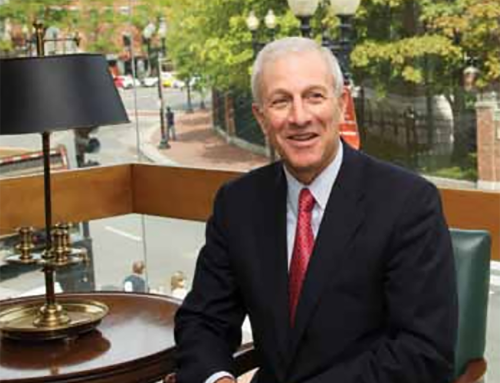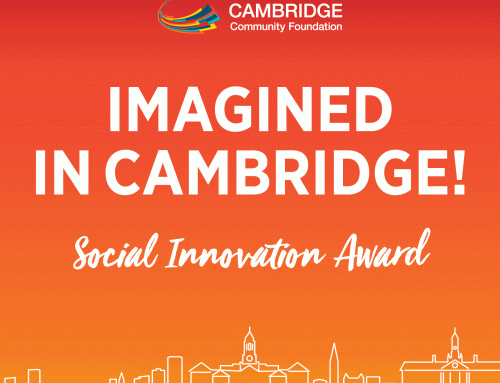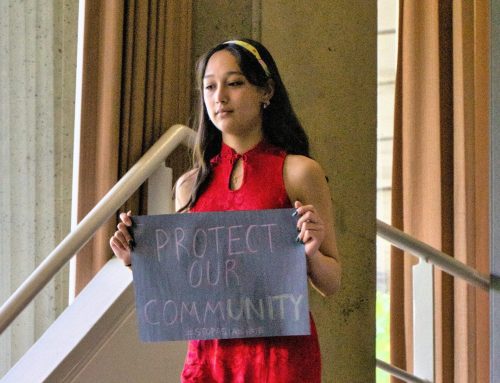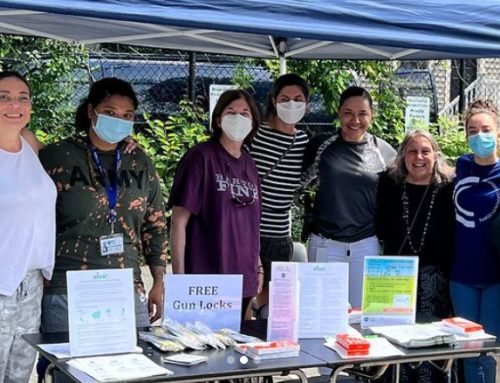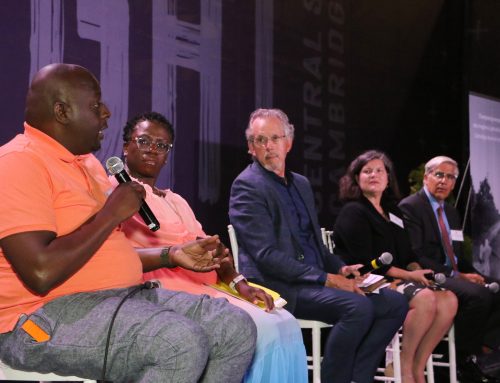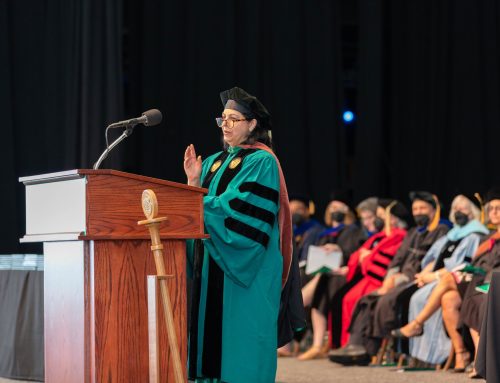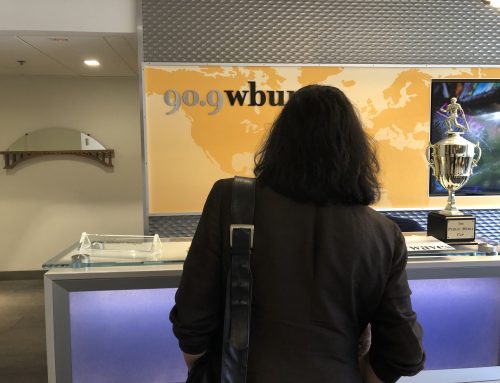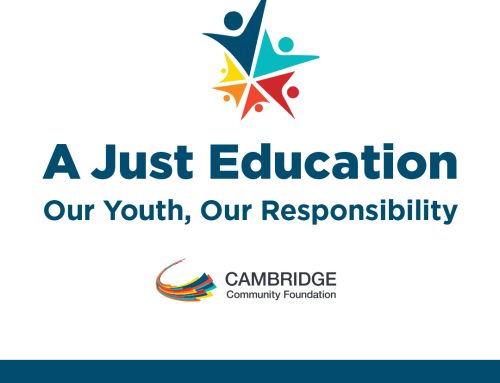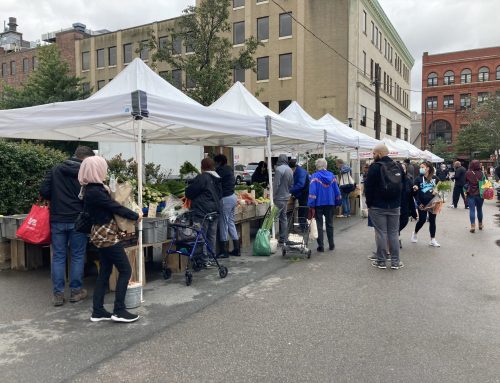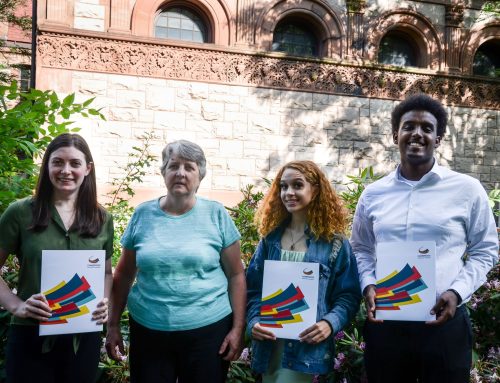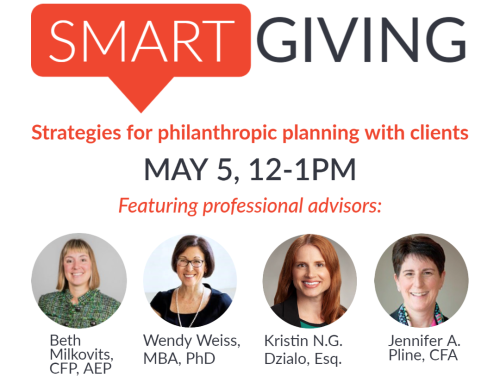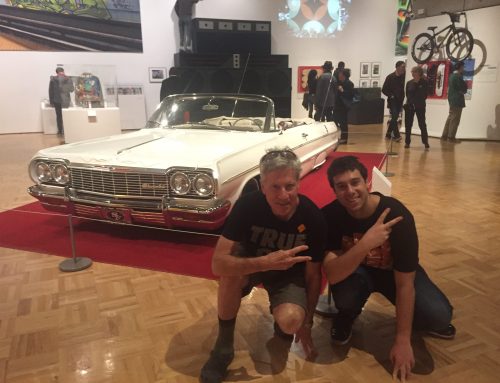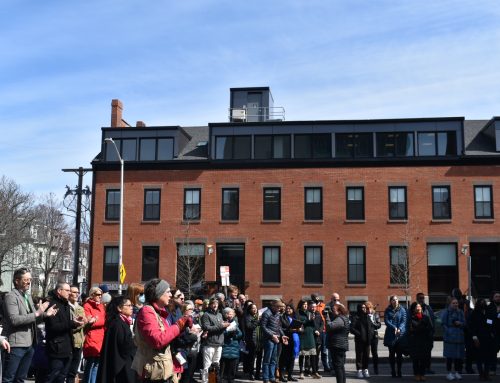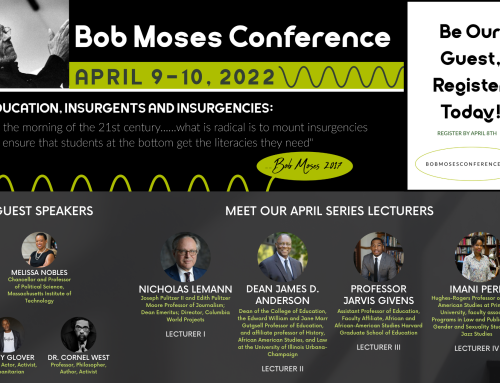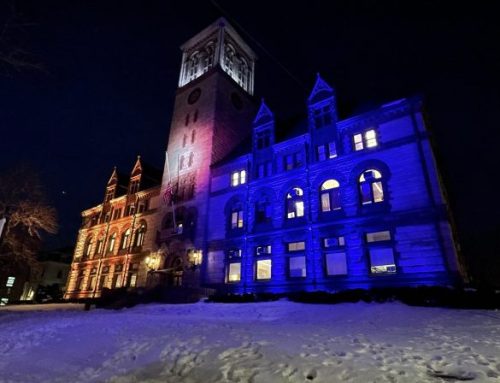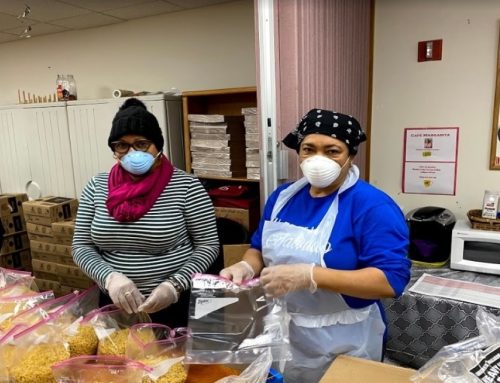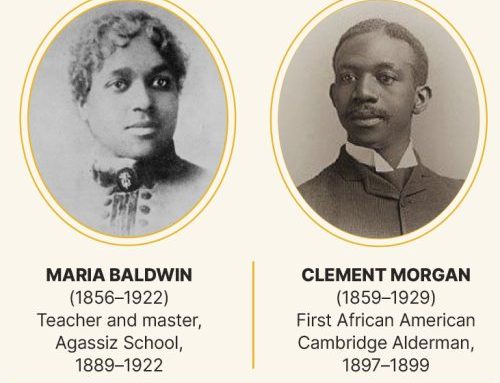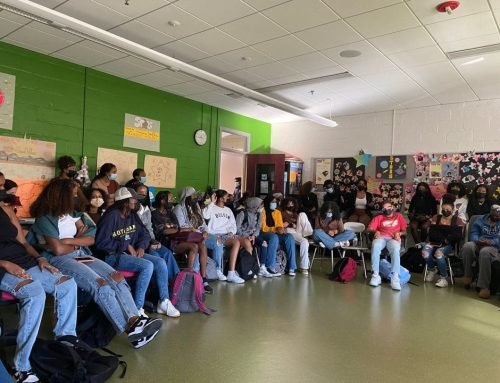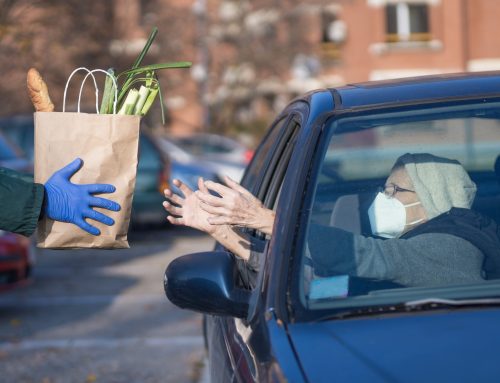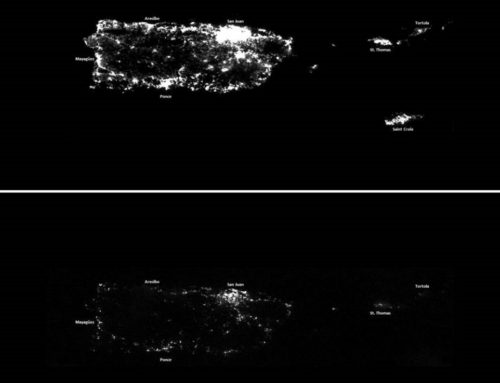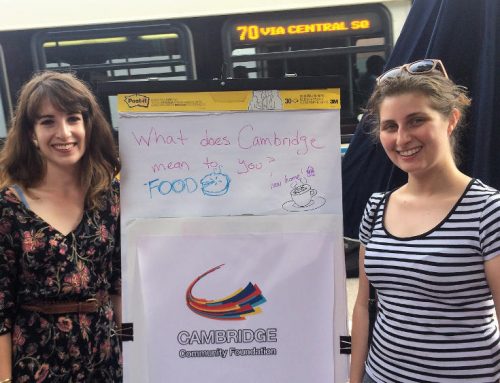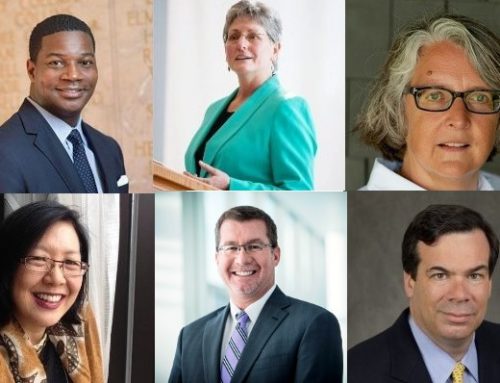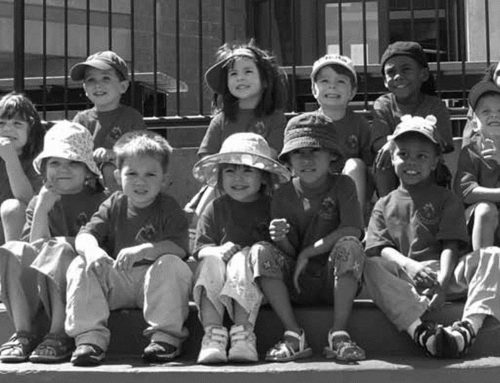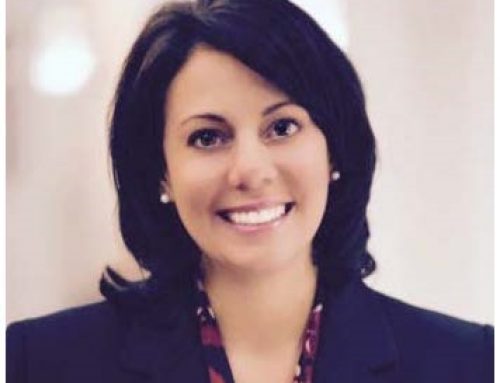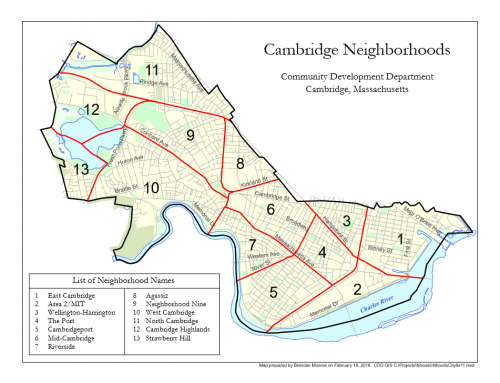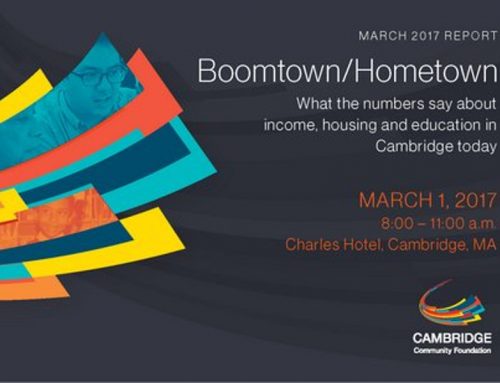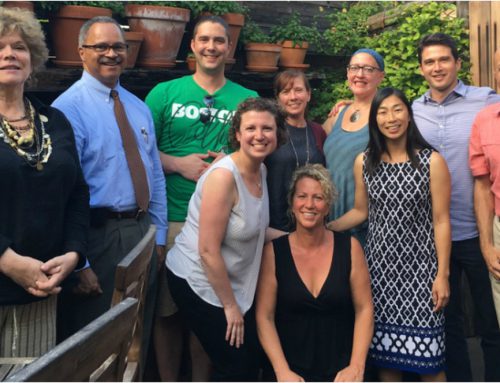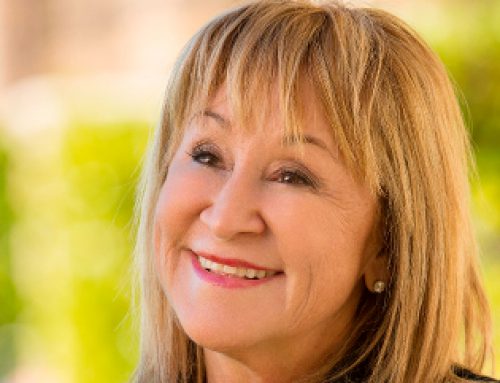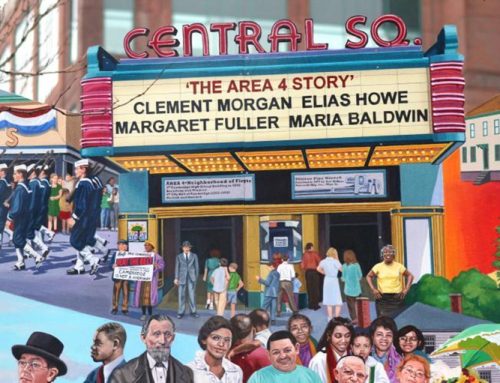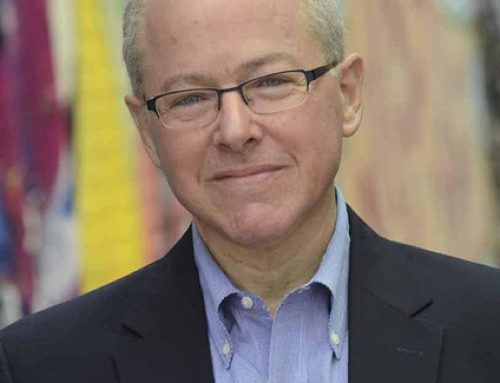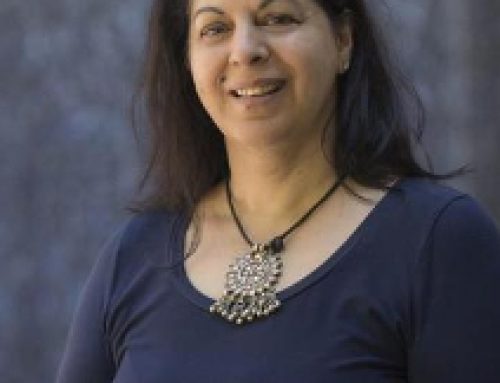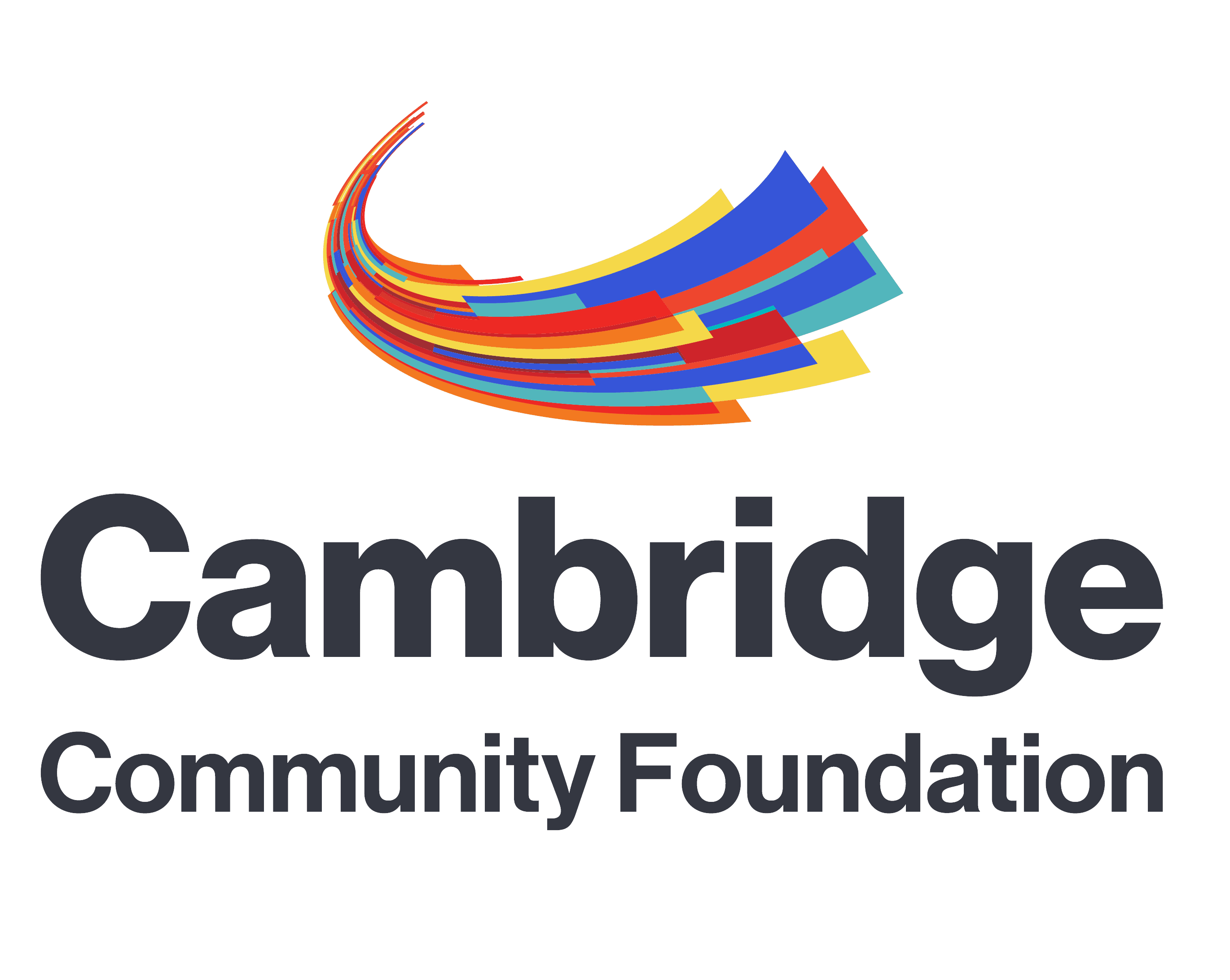CEOC Executive Director Tina Alu in their Central Square food pantry. Photo by lou jones.
Turn off Mass Ave to Inman Street early on a Tuesday or Thursday morning and you’ll see a line of carts down the icy block, where neighbors hold a spot to get food from CEOC’s pantry. It’s a picture of need and hope: There are many Cantabrigians who can’t afford to buy groceries, and nonprofits like this one, in all corners of our city, making sure they get enough to eat – while imagining how to serve the community better.
Cambridge needs to think big to solve food insecurity, and a cross-sector collaboration funded by CCF is taking it on. Last week, the Cambridge Community Foundation, in partnership with CEOC and More Than Food Consulting, kicked off a three-year project to develop large-scale, coordinated solutions that create a food pantry system that not only provides food, but increases food security and economic stability through wraparound supports and systemic change.
The project, conceived by CEOC on behalf of the Cambridge Food Pantry Network, has been awarded a three-year grant totaling $150,000 from the Cambridge Community Foundation’s Food Access and Security Initiative, which launched last fall with an initial investment of $1.1 million in strengthening the local food system and was a first step in our new strategic plan to increase economic mobility and social cohesion in Cambridge. The Food Pantry Network project aims to assess the capacity of the Network, increase collaboration amongst Cambridge food pantries and other local food system providers, and convene the Cambridge food system, partners, and nation-wide experts to adopt a plan of action at a Cambridge Food Security Summit in 2026.
“This expert network of partners is working to get at the root of the problem of food insecurity – to both ensure everyone has enough to eat and develop an ecosystem that supports people on a path to economic security,” said Christina Turner, CCF’s director of programs and grantmaking. “Food is just the beginning, and we’re excited to see where this project will take Cambridge in the next three years.”
Creating a city-wide vision
Last week’s meeting was a real time example of the kind of cross-sector collaboration CCF strives to strengthen as part of its five-year strategic plan to support economic mobility and social cohesion in Cambridge. The meeting brought together Vice Mayor Marc McGovern, Assistant City Manager Ellen Semonoff, and representatives from the CEOC, CCF, Cambridge Health Alliance, Cambridge Public Health Department, Cambridge Community Center, East End House, Food For Free, Margaret Fuller Neighborhood House, More Than Food, and St. Paul’s Parish Food Pantry. The project will engage all Cambridge-based food pantries as well as a community advisory council comprised of local food pantry clients.
“Cambridge stands out in this work – and I’ve worked with clients across the country – because you’ve convened not only food pantries and nonprofits but also their clients, the City, city council, philanthropy, and more partners to work and envision together. Kudos to you all,” said Katie Martin, More Than Food’s CEO.
The collaboration aspires toward a “Community Food Hub,” which would tightly coordinate resources across existing pantries to decrease duplication of services and, ultimately, bring to life a “grocery-store experience” for food pantry clients. The form that vision takes will be determined over the course of the three-year project.
Building on community work and research
The Cambridge Food Pantry Network started in the 1990s, hosting periodic meetings for food pantry staff and volunteers from across the city to learn together.
“We’ve been leading the Cambridge Food Pantry Network for a few decades now, and over time, we’ve slowly made improvements, increased collaboration, and found new ways to work together,” said Tina Alu, CEOC’s executive director. “But this project is by far the most significant commitment to collaboration, improving the pantry patron experience, and combating food insecurity that this Network has ever seen. We are excited to dive deeper into understanding our Food Pantry Network’s capacity and coming together to dream up innovative solutions for solving food insecurity.”
In 2021, CEOC released a food pantry evaluation and the Food Pantry Network published a food patron preferences report, which showed a common desire among food pantry clients for more choice and selection and the shared challenges across pantries. Takeaways from these past convenings and research have helped informed the present project’s scope.
“I often say Cambridge is a lot of dots but no lines (or few lines): There are many doing great work but they’re not always connected,” said Cambridge Vice Mayor Marc McGovern. “Our food pantries are deeply rooted in their identities. It’s exciting to see them work together in this new way.”
Help build a safety net for food-insecure neighbors! Make a gift online to the Food Security Fund. Thanks to a generous anonymous donor, 100% of your gift will be directed to our Food Security grantmaking program.

